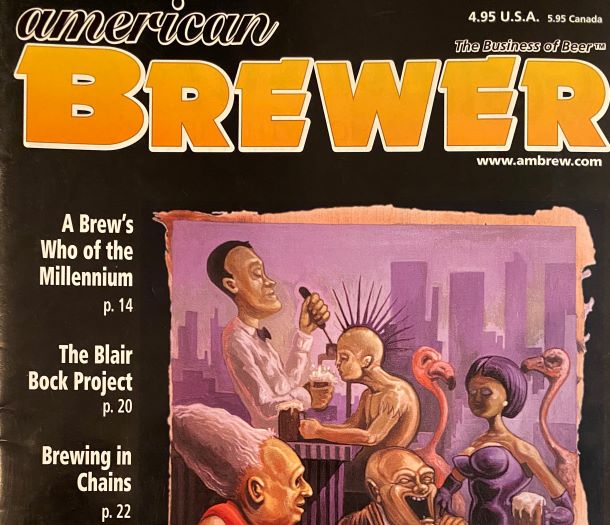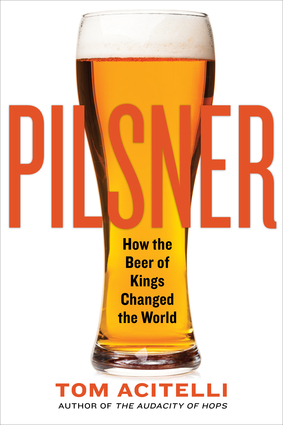Two stories, both rather long, to be considered in tandem:
Why Is Screaming Eagle’s Winemaker Making $90 6-Packs of Lager?
The headline nicely summarizes a 2,700-plus-word tale. After signaling he might not think much of the story on Twitter, Jeff Alworth followed with a blog post making that real clear. Paul Jones at Cloudwater Brew and Chris Lohring at Notch Brewing were equally unimpressed. But nobody is denying that this is a story about lifestyle as much as beer.
No Bad Days — Island Brands Wants to Cash in on “Cool Vibes” to Challenge Michelob Ultra, Corona
Did somebody say lifestyle? “[The founders] say they want their beer to function as a lifestyle brand, citing the pricey outdoor gear company Yeti as a successful example. The lifestyle Island is targeting is coastal, active, fitness- and sports-oriented; the brewery’s ambassadors—who are compensated via discounts and free beer—include wind surfers, kayakers, and Crossfit influencers.”
Make no mistake, authentic/traditional/craft beer is also about lifestyle. Thinking about that I tracked down a conversation I had with Saint Arnold Brewing founder Brock Wagner in 2003.
“We’re trying to add 10 customers at a time. The big brewers are trying to add a million. We’re in different businesses,” he said. “We both make something called beer, but they don’t really taste much alike. The big brewers are of a completely different mindset. A-B has more in common with Coca-Cola than they do with us. That’s not to say their beer is bad. It’s just different from what we make. If you look at their advertising you see they are trying to sell lifestyle.”
I asked him what Saint Arnold was selling.
 Abandoned Dixie brewery, five months after Hurricane Katrina struck New Orleans
Abandoned Dixie brewery, five months after Hurricane Katrina struck New Orleans
 A couple of days ago, Jim Vorel went on a bit about how he was troubled to find
A couple of days ago, Jim Vorel went on a bit about how he was troubled to find